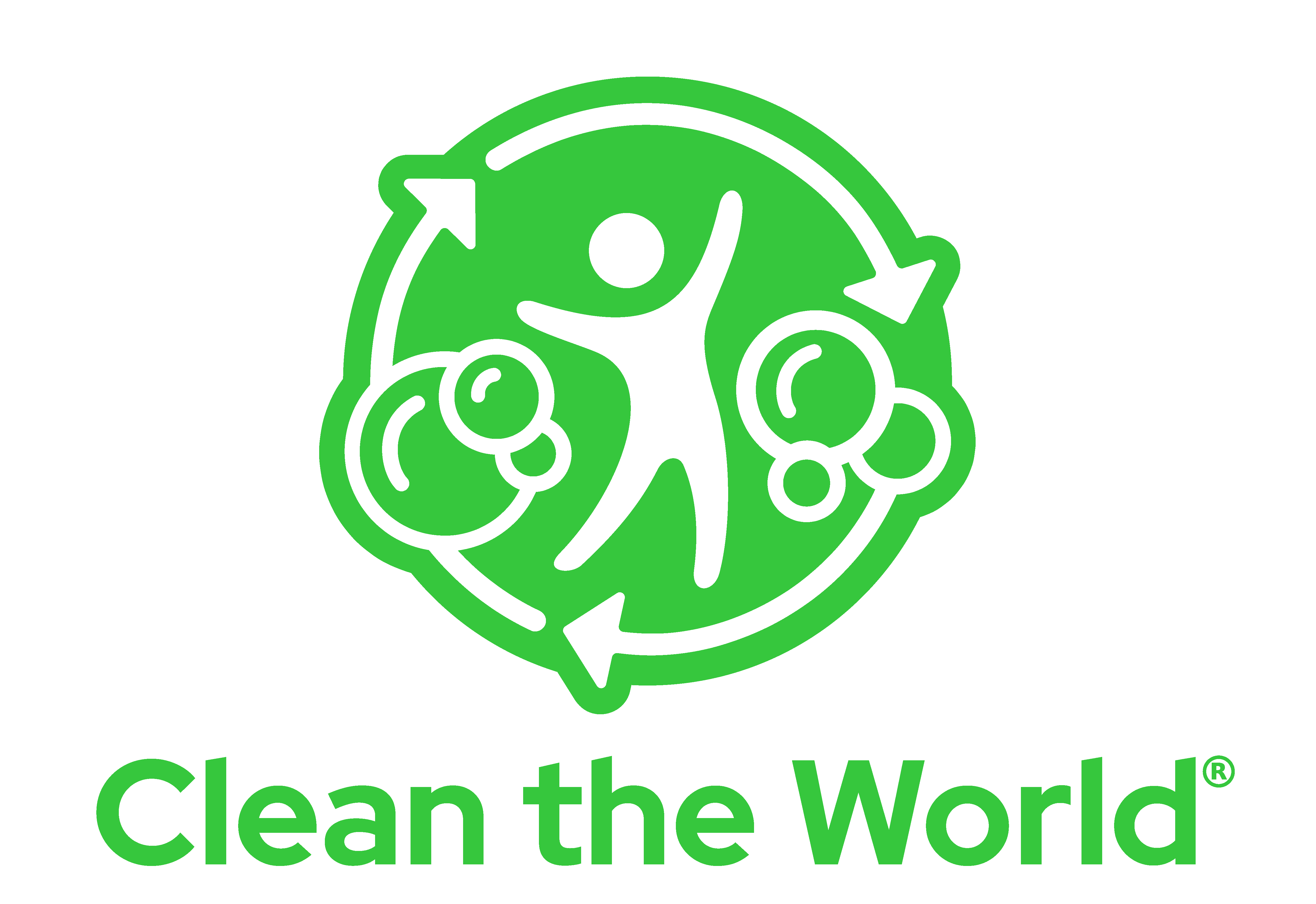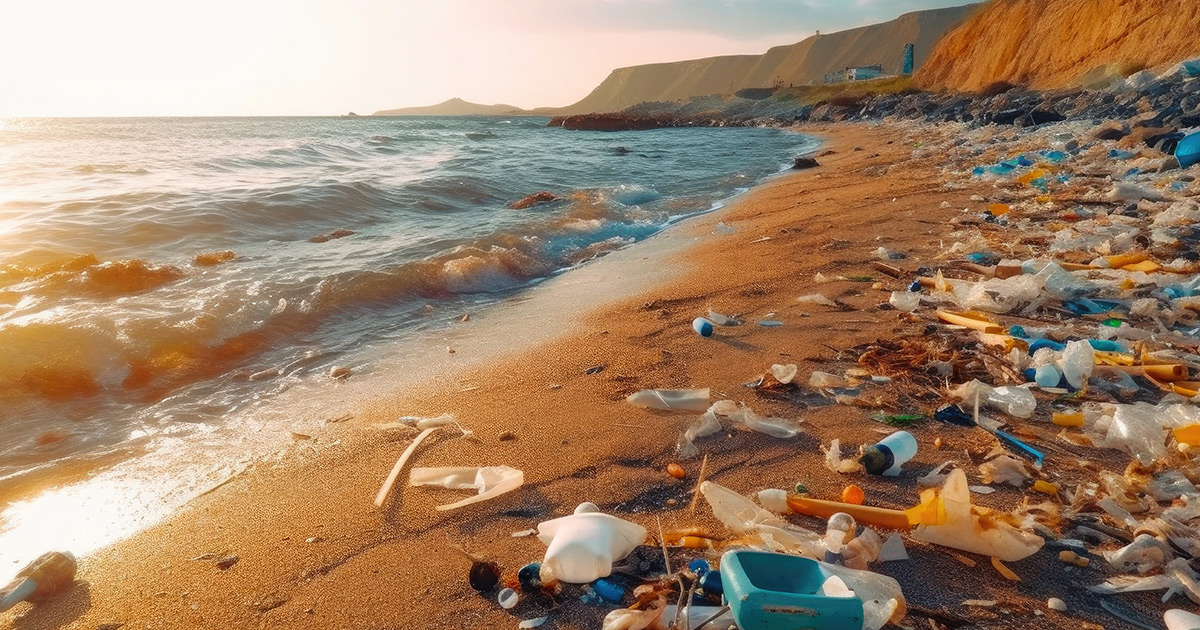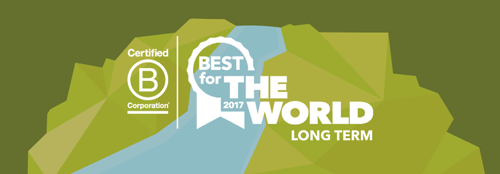Clean the World is Driving Awareness of Plastics to Support Environmental and Social Change
Introduction
Plastics have seamlessly integrated themselves into our daily lives, but the true cost of their extensive use is only now coming to light. Staggering figures show that plastic consumption has quadrupled over the past three decades due to burgeoning markets. Global plastics production has doubled in a mere 19 years, reaching an astonishing 460 million metric tons by 2019.
Growing evidence highlights the significant threat that plastics pose to human health and the environment. From the pervasive infiltration of microplastics in our food and water sources to the catastrophic impact on ecosystems, it is crucial to shed light on the detrimental effects of plastics.
Globally, despite commendable recycling efforts, only 9% of plastic waste is recycled, leaving a significant majority with no sustainable end. Only 15% of all plastic waste is collected for recycling, with 40% of it ending up discarded as residue. While these statistics can be distressing, they highlight the need for continued pressure toward a more sustainable and educated environment. At Clean the World, we can play our part in driving education and impact toward a more sustainable future.
Health Effects
 Microplastics, or plastics measuring less than 5 millimeters, have integrated into our surroundings and pose a pressing concern. Research reveals that humans inadvertently consume microplastics through various sources, including food, beverages, and even air.
Microplastics, or plastics measuring less than 5 millimeters, have integrated into our surroundings and pose a pressing concern. Research reveals that humans inadvertently consume microplastics through various sources, including food, beverages, and even air.
Significant studies, including a report on microplastics by the International Journal of Environmental Research and Public Health, have found microplastics present in a substantial portion of commonly consumed seafood, such as fish and shellfish. These tiny particles can accumulate in the digestive system, potentially leading to long-term health effects. Moreover, the International Journal of Environmental Research and Public Health also detected microplastics in drinking water and processed foods.
Phthalates, a group of chemical compounds used in making plastics, solvents, and personal care items, have raised significant health concerns in recent years. Numerous studies have found traces of phthalates in humans, raising worries about potential health risks. These findings highlight the increasing concerns about the effects of plastic consumption on human health, including possible disruptions to hormones and development.
Environmental Impacts
Plastic pollution also wreaks havoc on our planet’s ecosystems, leading to devastating consequences for both wildlife and the delicate balance of nature. Shockingly, an estimated 14 million metric tons of plastic waste find their way into our oceans each year. The effects are distressing to the marine wildlife. Oftentimes, marine animals, including sea turtles, birds, and marine mammals, mistake plastic debris for food or become entangled in it, leading to injury, suffocation, and even death.
Terrestrial ecosystems also suffer under the weight of plastic pollution. Improper disposal practices and ineffective recycling contribute to the accumulation of plastic waste in landfills and natural environments. The slow degradation of plastics means they persist for hundreds of years, releasing harmful chemicals into soil and water systems. This toxic contamination disrupts ecosystems, harms plant and animal life, and jeopardizes the delicate balance of our natural environment.
How Clean the World is Fighting Plastic Pollution
Clean the World supports both environmental and societal objectives globally, making a substantial impact through our hospitality waste diversion program. We can recycle, sanitize, and re-purpose soap amenity waste from over 8,300 partners worldwide and divert their plastic amenities from landfills. To date, we have distributed over 86 million bars of soap, supported over 15 million people, and helped provide over 4 million refugees with life-saving basic hygiene resources. Clean the World has diverted 27.2 million pounds (12million kgs) of plastic waste from landfills.
Clean the World offers the hospitality industry, one of the largest producers of plastic waste, with a simple, proven, and effective recycling and waste management program. By participating, hotels can display their positive impact and take an active step in creating a cleaner, safer world.
Conclusion
The detrimental effects of plastics on our health and the planet cannot be ignored. Despite the limited data available, studies paint a troubling picture. There are increasing concerns over improper plastic consumption, particularly microplastics, and the environmental devastation caused by plastic pollution. Urgent action is required.
By raising awareness about the dangers of plastics, we can inspire individuals, communities, and governments to adopt responsible practices and policies that prioritize the health of both humans and our planet. It is time to act and pave the way towards a cleaner and safer future for generations to come.
If you are interested in finding out how your hotel can easily join Clean the World’s hospitality recycling program today, check out our link today.
FAQs
What are the main concerns associated with the extensive use of plastic?
The extensive use of plastic has led to the pervasive infiltration of microplastics in food and water sources, a catastrophic impact on ecosystems, and significant waste accumulation.
How do microplastics affect human health?
Microplastics, which are plastics measuring less than 5 millimeters, can inadvertently be consumed by humans through various sources like food, beverages, and even the air we breathe. These tiny particles can accumulate in the digestive system, potentially leading to long-term health effects.
What environmental impacts does plastic pollution have?
Plastic pollution wreaks havoc on our planet’s ecosystems. Approximately 14 million metric tons of plastic waste find their way into our oceans each year, leading to injury, suffocation, and death of marine animals. On land, improper disposal, and slow degradation of plastics result in harmful chemicals released into soil and water systems, disrupting ecosystems and harming plant and animal life.
What is Clean the World, and how does it address plastic waste?
Clean the World is an organization that supports both environmental and societal objectives. Through our hospitality recycling program, we recycle, sanitize, and re-purpose soap and plastic bottled amenity waste from over 8,100 partners worldwide. Since 2009, we have distributed over 80 million bars of soap and diverted over 25.2 million pounds (11.4 million kgs) of plastic waste from landfills.
How can the hospitality industry contribute to reducing plastic waste through Clean the World?
Clean the World offers a simple, proven, and effective recycling program for the hospitality industry, which is a large producer of plastic waste. By participating in the program, hotels can recycle and repurpose their soap and plastic bottled amenity waste, showcasing their positive impact on the environment and taking an active step in creating a cleaner, safer world.
Why is urgent action needed to address the detrimental effects of plastics?
Urgent action is needed to address the detrimental effects of plastics due to the significant threats posed to human health and the environment. The accumulation of plastic waste and microplastics in our ecosystems and food chain requires immediate attention to protect both current and future generations.
How can individuals, communities, and governments contribute to solving the plastic pollution problem?
By raising awareness about the dangers of plastics and plastic pollution, individuals, communities, and governments can inspire the adoption of responsible practices and policies. This includes reducing plastic consumption, promoting recycling efforts, and supporting organizations like Clean the World that actively work towards a cleaner and safer future.






